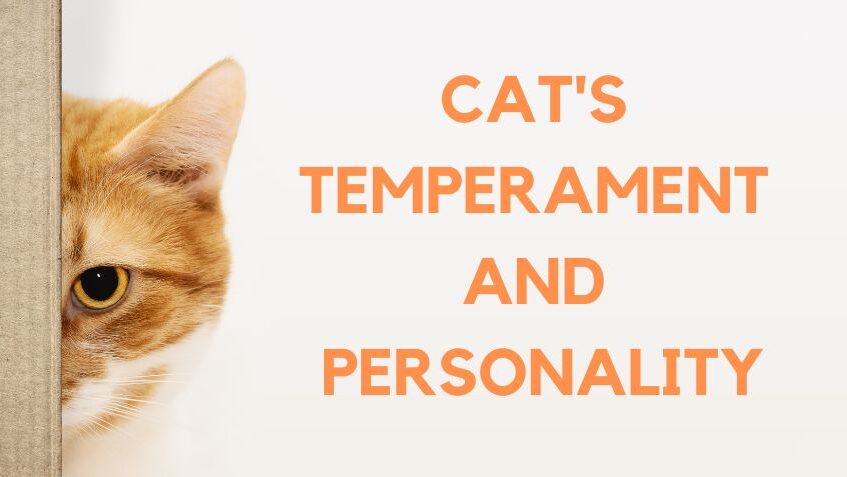Cat’s Temperament and Personality
A cat’s temperament and personality play a crucial role in determining how well they will fit into your household and lifestyle. While individual cats can have unique traits, there are general patterns associated with different breeds and factors that influence a cat’s behavior. Here’s an overview of cat temperament and personality traits to consider:
Social vs. Independent:
- Some cats are highly social and crave human interaction. They enjoy being around people, cuddling, and may follow you around the house.
- Others are more independent and may be content spending time alone. They might enjoy affection on their terms and prefer having their own space.
Playfulness:
- Playful cats are often curious and enjoy interactive playtime with toys and their owners.
- Less playful cats might prefer quieter activities and lounging.
Vocalization:
- Some cats are very vocal and will “talk” to you frequently. Breeds like Siamese are known for their vocal nature.
- Other cats are quieter and communicate more through body language and facial expressions.
Affection Level:
- Affectionate cats often seek out physical contact, like sitting on your lap, nuzzling, and purring.
- Cats with lower affection levels might enjoy being near you but not necessarily in close physical contact.
Intelligence and Trainability:
- Some breeds are highly intelligent and can learn tricks, commands, and even use puzzle toys.
- Other cats might be less interested in training and prefer routine activities.
Energy Level:
- High-energy cats are always on the move and need plenty of playtime and mental stimulation.
- Low-energy cats are more relaxed and may not require as much activity.
Tolerance for Handling:
- Some cats tolerate being handled and groomed very well, which can be helpful if you have children or plan to groom them regularly.
- Others might be more sensitive to handling and prefer minimal touching.
Compatibility with Other Pets:
- Some cats get along well with other pets, including dogs and other cats, while others prefer to be the only pet in the household.
Curiosity and Adventurousness:
- Curious cats like exploring new environments and investigating unfamiliar objects.
- Less curious cats might be more cautious and take time to warm up to changes.
Territorial Behavior:
- Some cats are highly territorial and may not react well to changes in their environment or the introduction of new animals.
- Others are more adaptable and can adjust to new situations more easily.
It’s important to remember that each cat is an individual, and their personality can be influenced by genetics, early socialization, and life experiences. When adopting a cat, spend time interacting with them to get a sense of their temperament. If you’re interested in a specific breed, research breed characteristics, but also be open to the idea that every cat can have its unique personality traits that might not strictly adhere to breed standards. Ultimately, finding a cat with a personality that matches your lifestyle and preferences will lead to a harmonious and fulfilling companionship.
You may also visit – https://www.facebook.com/angkopparasahayop




